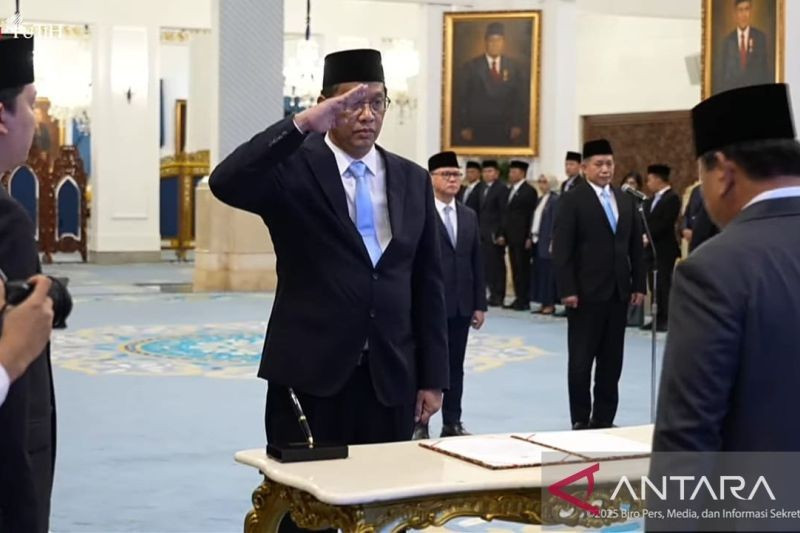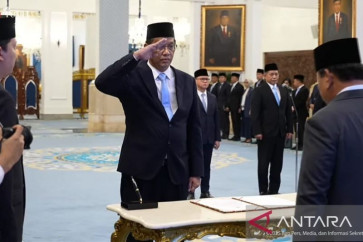Popular Reads
Top Results
Can't find what you're looking for?
View all search resultsPopular Reads
Top Results
Can't find what you're looking for?
View all search resultsParadox of control: Indonesia’s fiscal decentralization in reverse
Instead of fostering autonomy and innovation, fiscal decentralization has evolved into an arrangement defined by dependency and compliance.
Change text size
Gift Premium Articles
to Anyone
I
ndonesia’s fiscal politics have entered a new paradox. Two decades after decentralization was launched to distribute power and resources more evenly, the central government has once again tightened its grip.
What began as an effort to empower local administrations has gradually turned into a system of supervision and control. Instead of fostering autonomy and innovation, fiscal decentralization has evolved into an arrangement defined by dependency and compliance.
This reversal has been highlighted by the recent controversy over idle regional funds. Finance Minister Purbaya Yudhi Sadewa criticized local administrations for hoarding trillions of rupiah in idle accounts and warned that transfers could be cut if spending lagged.
His concern is understandable. Amid slow growth and infrastructure gaps, idle money wastes scarce economic resources. Yet the problem is not simply one of inefficiency or poor governance. The deeper question is why so many regional administrations now feel constrained, or even afraid, to spend the money already allocated to them.
The roots of this inertia lie in the way Indonesia’s fiscal system has evolved. Over the years, the Finance Ministry has tightened its regulatory grip through layers of procedures, reporting requirements and audit mechanisms.
These measures were designed to improve accountability and curb misuse, but they have also bred paralysis. Local officials now operate in an environment where even minor administrative mistakes can trigger sanctions or investigations. Spending less becomes the most rational way to stay out of trouble.
This institutional caution has been compounded by recent fiscal shocks. Since early 2025, President Prabowo Subianto’s government has pursued an abrupt “budget efficiency” drive aimed at keeping the deficit below the legally mandated 3 percent of GDP, while funding costly flagship programs such as free nutritious meals, the Danantara state asset fund, and defense modernization.



















